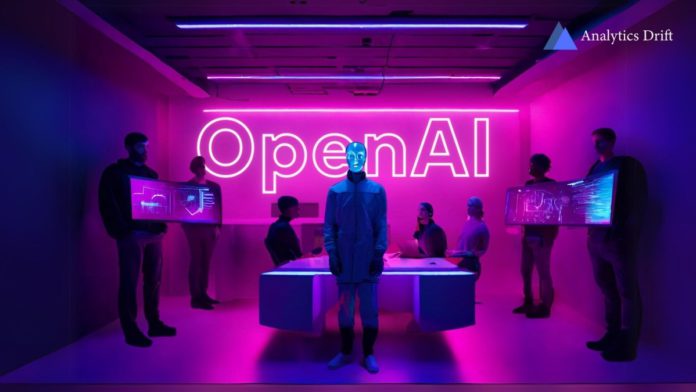OpenAI initially explored the idea of establishing its own chip-manufacturing foundries. However, it chose in-house chip design due to the high costs and extended timelines associated with such projects. Currently, NVIDIA’s GPU dominates the market with over 80% of the share. The ongoing NVIDIA’s supply shortages and escalating costs have compelled OpenAI to seek alternatives.
To resolve these challenges, OpenAI partnered with Broadcom and TSMC (Taiwan Semiconductor Manufacturing Company Limited) to leverage their chip design and manufacturing expertise. Broadcom is an American MNC that designs, manufactures and supplies a broad range of semiconductor and enterprise products. On the other hand, TSMC, the world’s largest semiconductor foundry, develops digital consumer electronics, automotive, smartphones, and high-performance computing solutions.
Collaborating with these partners will enable OpenAI to create custom AI chips tailored specifically for model training and inference tasks. This enhanced hardware will optimize OpenAI’s generative AI capabilities. Broadcom is helping OpenAI design its AI chips, ensuring that the specifications and features align with OpenAI’s needs. Sources also indicate that OpenAI, through its collaboration with Broadcom, has secured manufacturing capacity at TSMC to produce its first custom chip.
Read More: OpenAI’s Partnership with the U.S. AI Safety Institute
OpenAI is now evaluating whether to develop or use additional components for its chip design and may consider collaborating with other partners. With expertise and resources from more partnerships, OpenAI can accelerate innovation and enhance its technology capabilities.
The company has assembled a team of approximately 20 chip engineers, including specialists who previously designed Google’s Tensor Processing Units (TPUs). Their goal is to develop OpenAI’s first custom chip by 2026, although this timeline remains adaptable.


